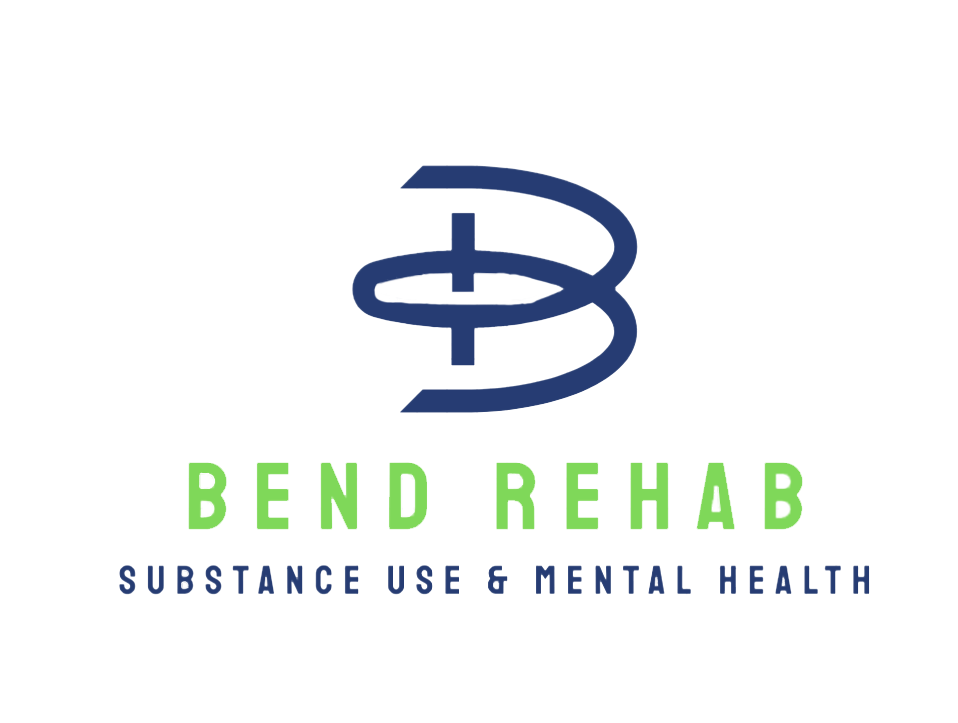What is OCD?
Obsessive-Compulsive Disorder (OCD) is a complex mental health condition characterized by uncontrollable, recurring thoughts (obsessions) and behaviors (compulsions) that the individual feels the urge to repeat over and over. These symptoms can significantly interfere with a person’s daily activities and sense of security. Individuals with OCD might find themselves engaged in rituals or routines aimed at reducing anxiety or preventing some dreaded event or situation; however, these actions often provide only temporary relief from their anxiety.
Symptoms of OCD can manifest in various ways, but they primarily include obsessions, which are persistent and unwanted thoughts, urges, or images that cause distress or anxiety. Common obsessions may involve fears of contamination, having things orderly and symmetrical, aggressive or horrific thoughts about harming oneself or others. Compulsions are repetitive behaviors that a person with OCD feels driven to perform in response to an obsession. These can include washing and cleaning, counting, checking things repeatedly (such as whether a door is locked), demanding reassurances, or arranging items in a specific way. Despite efforts to ignore or get rid of bothersome thoughts or urges, they keep coming back; this leads to more ritualistic behavior — the vicious cycle that characterizes OCD.
For those seeking OCD treatment in Northeast Bend, professional support is available to help break this cycle and manage symptoms effectively.
Getting Treatment for OCD in Northeast Bend
Seeking OCD treatment in Northeast Bend at Bend Rehab is a significant step towards regaining control over your thoughts and actions. Our facility is dedicated to providing a compassionate, understanding environment where individuals can explore effective strategies for managing OCD. With a team of specialized therapists and healthcare professionals, we offer personalized treatment plans that include cognitive-behavioral therapy (CBT), exposure and response prevention (ERP), and medication management when needed.
At Bend Rehab, we take a holistic approach, focusing not just on symptoms but on empowering individuals to deeply understand their condition and build resilience against future challenges. We emphasize creating a supportive community atmosphere, offering group therapy sessions and peer support networks so clients can feel safe sharing their experiences. Beyond immediate treatment, we provide long-term coping strategies to prevent relapse, ensuring clients leave with renewed hope and the tools to maintain stability. If you’re seeking OCD treatment in Northeast Bend, Bend Rehab is here to help you on your path to mental wellness.

Experience Expert Therapy
We provide a range of therapy options to address diverse needs, ensuring everyone receives the care and support they deserve. Our one-on-one therapy sessions offer personalized attention, allowing clients to work closely with a therapist to address their specific challenges, set goals, and pursue personal growth. For those who benefit from shared experiences, our group therapy sessions create a supportive environment to connect with others facing similar struggles, fostering understanding and encouragement. Additionally, we integrate innovative therapies that engage both mind and body, such as cognitive behavioral therapy (CBT) and dialectical behavioral therapy (DBT), offering new pathways for healing and self-expression.
FAQ
We've compiled a list of frequently asked questions to provide clarity on the experience and alleviate any remaining fears or anxieties you might have.
A day in addiction rehab is designed to provide a structured and supportive environment focused on physical, mental, and emotional recovery. Mornings typically start early with a healthy breakfast, followed by a schedule of therapy sessions, group activities, and workshops aimed at addressing the underlying causes of addiction. These may include one-on-one counseling, group and family therapy, fitness classes, educational sessions, and recreational activities. Throughout the day, individuals are provided with nutritious meals, time for relaxation, and opportunities for personal growth through journaling or meditation. Evenings often feature peer support meetings or 12-step programs before winding down for the night. Each day is thoughtfully organized to promote a holistic approach to recovery and help individuals build healthier habits and coping strategies.
A detox period generally lasts about five days but can range from three to 10 days. The length of detox varies depending on factors such as the type of substances used, the amount and frequency of use, the duration of use, and the method of administration. These factors help determine the appropriate length of detox for you or your loved one.
When entering addiction treatment, certain items are recommended to support your comfort and well-being. These can include comfortable clothing, personal hygiene products, properly documented prescription medications, and journals or books for reflection. However, some items are prohibited in treatment facilities, such as drugs, alcohol, weapons, or anything that could disrupt the recovery process. It's important to check with your chosen facility beforehand for a detailed list of allowed and restricted items to ensure a smooth transition into treatment.
At Drug Abuse and Addiction, we recognize the strong connection between addiction and mental health challenges. That’s why our treatment centers focus on addressing both addiction and the underlying mental health issues that often accompany it. Our experienced team provides care for conditions such as depression, anxiety, PTSD, and more, taking a holistic approach to recovery that meets both physical and mental health needs. Our admissions team works to match you with the right facility offering comprehensive care tailored to your unique situation. We’re here to guide and support you on your journey to lasting sobriety and better mental health.
Our admissions team at Drug Abuse and Addiction is here to guide you in finding the right treatment center to meet your needs. Choosing a rehab center can feel overwhelming, but we are here to make the process easier. Our compassionate and experienced team understands the complexities of addiction and the importance of personalized care. We take into account your unique circumstances, preferences, and any co-occurring conditions to connect you with a facility that provides customized support. You don’t have to navigate this journey alone – we’re here to support you every step of the way toward lasting recovery.
Seeing someone you care about struggle with addiction can be incredibly difficult and overwhelming. You may feel unsure about how to help them, but the journey starts with an open and honest conversation. Share your concerns, offer your support, and encourage them to seek professional help, while also setting clear boundaries. Researching treatment options and having resources ready can also make a big difference.
It's important to stay patient, understanding, and supportive throughout this process—recovery is a journey that takes time. With the right support and approach, your loved one can work towards a healthier, addiction-free life. Don’t hesitate to reach out to our team at Drug Abuse and Addiction for guidance. We’re here to assist you and your loved one every step of the way on the road to recovery.
No matter how committed you are to your recovery journey or maintaining lifelong sobriety, the risk of relapse is always present. According to the National Institute on Drug Abuse, relapse rates during recovery fall between 40% and 60%. Experiencing a relapse can bring feelings of shame or regret, and you might even consider giving up rather than continuing to fight against the urge to use. While these emotions are natural, they can hinder your path to a drug-free life. Instead, treat relapse as a chance to learn and grow—refine your prevention plan, identify triggers, and understand the reasons behind the setback. This approach can help you rebuild a stronger foundation for recovery.
The first step is determining whether returning to rehab is necessary. If the relapse was an isolated incident and you’re committed to reviewing and adjusting your recovery plan, inpatient treatment might not be required. Inpatient facilities offer hands-on care and consistent monitoring, but if substance use has become a pattern again, it may be essential to reenter a structured program. Warning signs like conversations about substance use, spending time with people who encourage drinking, or using substances to cope suggest a deeper issue that requires immediate attention.
If you do return to treatment after a relapse, the focus should be on successfully transitioning back into daily life. Spending a few months in a sober living environment can be invaluable, as it provides structure and accountability during the critical early stages of recovery. Additionally, setting up an outpatient therapy plan for continued support after rehab can further reduce the risk of relapse.

Verify Your Insurance With Us
Freeing yourself from Addiction doesn't have to be hard. Take the first Step and begin filling out the form, it's the initial phase in achieving a healthy recovery. We offer the necessary guidance and professional care crucial during the early treatment stages.




